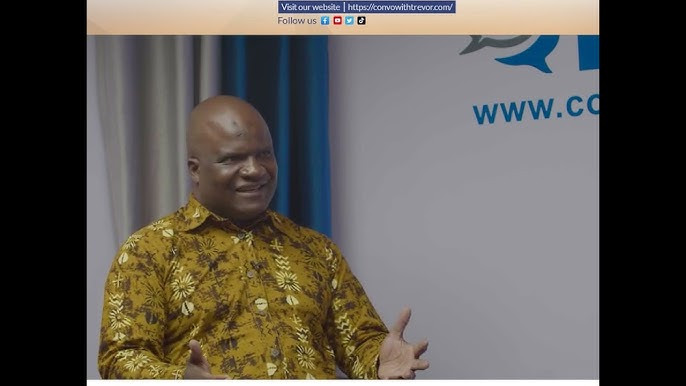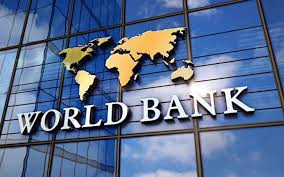
ZIMBABWE Commercial Farmers’ Union (ZCFU) says tobacco farmers were sold a dummy on cash availability and the e-marketing system, as the end of this marketing season draws to an end.
By Fidelity Mhlanga

ZCFU president, Wonder Chabikwa said the farmers were promised $1 000 cash on the first sale and $500 for subsequent sales, but were now convinced the Reserve Bank of Zimbabwe (RBZ) strung them along, as it failed to keep its promises.
“We were promised that at the first delivery, we would get $1 000 cash and $500 cash in subsequent deliveries, [but] come implementation time, it did not come to pass,” Chabikwa lamented.
“To make matters worse, money was even taking a week to reflect into farmers’ accounts.
“You wonder why this was happening in this age of technology.”
Despite the promises, farmers were now getting as little as $40.
- Chamisa under fire over US$120K donation
- Mavhunga puts DeMbare into Chibuku quarterfinals
- Pension funds bet on Cabora Bassa oilfields
- Councils defy govt fire tender directive
Keep Reading
Chabikwa said it was sad that the much touted e-marketing system did not work, depriving farmers of good returns.
“We are disgruntled that e-marketing did not materialise, as we had anticipated,” he said.
“Remember, 25 to 30% of our tobacco is marketed through the auction floors. We hoped that e-marketing would have seen farmers getting better prices.
“We know it was going to eliminate collusion. If it worked in India, why not in Zimbabwe?”
Zimbabwe Farmers’ Union executive director Paul Zakariya also said: “It is not proper to promise what you cannot deliver. When the RBZ made the promise they gave the impression that they would be able to honour their promise. But as we continued to monitor the situation what the RBZ promised was beyond what they could deliver. The cash crisis is real. We started to educate our farmers that we have a real problem and that they should use other means to make payments.”
So far 176,5 million kg of tobacco has earned the country $521,6 million.
During the corresponding period last year, 186,6 million kg of tobacco worth $548,3 million went under the hammer.
Chabikwa said the projected
215 million kg was not achievable, as flash floods, which wreaked havoc at the beginning of the year contributed to dwindled yields.
“We doubt that we will achieve the 215 million kg this year,” he said.
“The bulk of our tobacco is grown on light soils, so light soils are prone to loss of nutrients through leaching. This has contributed to reduced yields, as farmers could not find money to do supplementary top dressing. So yields per hectare were reduced.”
This came after a decline in tobacco deliveries to the country’s auction floors forced the Tobacco Industry and Marketing Board (TIMB) to reduce selling days from five to two per week.
“This arrangement will continue until the final date of auction or clean-up sales has been announced,” TIMB said. “Because of the volumes that are still being received, contract sales will continue without any changes.”











